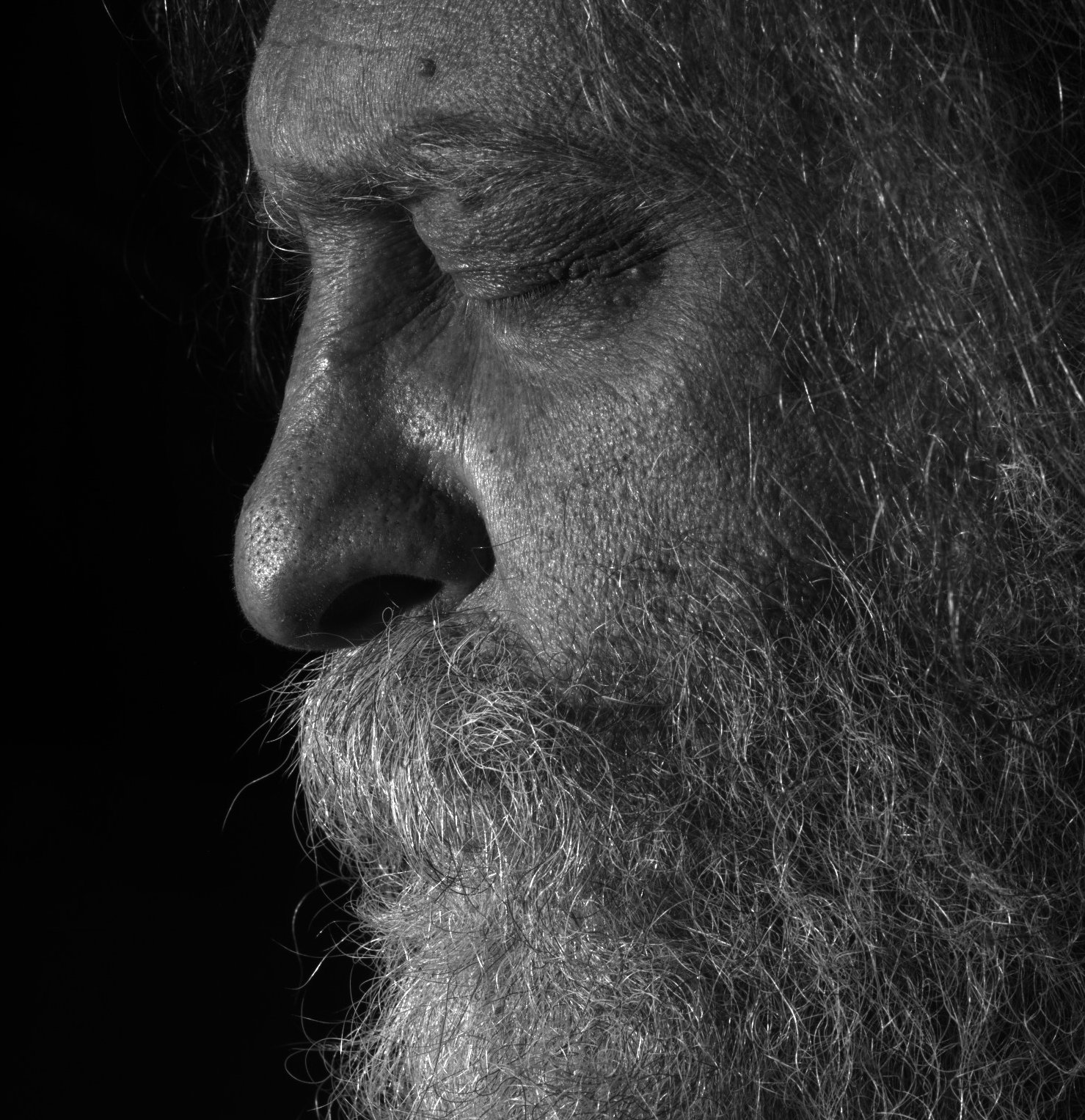Hiya, pretty much the title. I have a dozen tapes I want to backup before age takes its toll. My basic idea after watching some videos online is to buy a hardware based upscaler that can interface with my vcr then throw that signal to a video capture card and record on my computer. I’ll go with name brands to avoid problems but is that really the best method? I want to avoid sending them to a service since it will cost more than just buying the hardware in the first place and I got time to kill.
I did this last year for a bunch of family videos.
I bought an used VHS/HDD/DVD combo, recorded the VHS to HDD to DVD, then used my PC to rip those DVD to MKV and chucked them on my NAS for access/backup.
Quality is fine compared to the originals.
Was the HDD -> DVD absolutely necessary? Seems like one extra transcoding for no reason.
Did the HDD have it’s own partition type or video format directly unreadable by PC? Then it’s understandable that one wouldn’t wanna go through all that hassle of making it directly work on PC just for better video quality.
Mate I can’t remember if it was a limitation of the old Sony combo or not, it’s likely it was or I wouldn’t have done it that way.
I do remember looking into putting the HDD into my PC, since I didn’t do it, I’m going to assume it was a proprietary format and couldn’t be read.
This was a set and forget process for 90’s quality home videos.
Many manufacturers made them deliberately uncompatible with PC to dodge probable copyright problems.
However they usually didn’t reinvent the wheel and those formats were common, but “sabotaged” by small alterations. Analysing them on a code level would reveal how they were altered and possibilities to fix them.
…but it’s too much hassle for few VHS tapes.
Are there any VHS decks that will allow digital transfer without writing a DVD?
Edit: Found it! There are MiniDV / SVHS combo decks with digital out via firewire. Pricey though.
Yes. Just get an RCA to USB adapter and use software to capture the video as it’s playing on the VCR.
And you’ll still need a firewire card too.
I still have a bunch of old 8mm tapes, a camera, and firewire card. It’s archived work product. Otherwise, I’d toss 'em.
Oddly enough, the laptop I’m sitting in front of has firewire. (And linux sees it! Might actually work…)
Are you sure that you need to upscale with the hardware? It’s just that, the signal is interlaced on VHS and good interlaced scaling can be elusive. I haven’t tried hardware based options, but software based ones can be good or bad and I find it useful to try different ones until something works well, but if you’re putting the scaler in front of the capture card then you’ve got no opportunity to try a different scaler if the results aren’t great. This is particularly important if you later plan to deinterlace the footage because of the interlaced scaling isn’t done well, this hampers the deinterlacing and can give worse results and in some cases there is no interlaced scaling done at all and the fact that the source signal is interlaced is just ignored which greatly hinders deinterlacing later on.
Yeah you’re right I should opt for just getting the “original” footage first. The original plan was to use the hardware upscaler as a means of getting a usuable hdmi signal since the capture cards that I was looking at in my budget only had a singular hdmi input. I’ll see what option ebay has. Thank you really appreciate it
Another thing to consider is whether you do indeed actually have to deinterlace at all. The answer is probably yes, but I do try to have a kind of an archivist’s or museum curator’s approach to this kind of thing and not alter the source more than necessary. If you have equipment you can watch the material on that can display interlaced fields as the source intended then you can avoid having to deinterlace or even necessarily upscale anything at all. Realistically though I’d imagine you’d want to watch this on equipment that will only display progressive frames and if you don’t like the comb’s teeth effect you’d want to deinterlace. Scaling, whether software or hardware is again another question mark depending on how you’d want to watch these when you watch them. Ultimately you’d probably watch on a higher resolution device than the TVs VHS was intended for and likely physically larger as well so upscaling would be understandable, but still worth considering if you can skip altogether.
Removed by mod
So I’ll preface this with - here’s an example of how it turned out for me. Chuck E Cheese I’m 1994?
A big part of saving VHS tapes is that you can only save what the tape still has, so if the tape was poor quality already then you can only pull so much out of it. But if this kind of quality is reasonable for you, then this was done very easily.
I used an I-O Data GV-USB2 Video, they run about $50 USD. I recorded the video through OBS, which is a free program. Just plugged VCR into the I-O GV-USB2, hit recorded on OBS, and hit play on the vcr.
All of the upscaling is great but I think the cost-quality difference wasn’t worth it considering the low quality of many of our home movies anyway. You can do better than what I have, and if it’s worth the cost then absolutely go for it. But for 50 bucks I saved all of my family’s old home videos on a hard drive and burned them to dvds and that’s more than good enough for me.
Your link is backwards. The text goes in the square brackets and the URL in the parentheses.
[Chuck E Cheese in 1994?](https://youtu.be/tzjdP94rKH4)I’m an idiot and i didn’t even catch that, thank you! I’ll edit it
Good human
Here is an alternative Piped link(s):
[https://piped.video/tzjdP94rKH4]](https://piped.video/tzjdP94rKH4])
Piped is a privacy-respecting open-source alternative frontend to YouTube.
I’m open-source; check me out at GitHub.
I just want to second the GV-USB2, it’s a nifty little device. I’ve used it to back up multiple home videos from VHS. The only thing is (at least this was the case when I bought my GV-USB2) all the instructions to activate it are in Chinese, you have to find a tutorial online if you can’t read Chinese. But there’s plenty of resources for you to take advantage of. Once you have it set up it’s essentially plug and play.
I’ll be honest I completely forgot about the Chinese instructions because I set mine up quite a few years ago! That’s a good warning to add on there, thank you!
Here is an alternative Piped link(s):
[https://piped.video/tzjdP94rKH4?feature=shared]](https://piped.video/tzjdP94rKH4?feature=shared])
Piped is a privacy-respecting open-source alternative frontend to YouTube.
I’m open-source; check me out at GitHub.
I found this repo interesting just for the sake of centralizing a lot of useful info around VHS. Even if you don’t follow this path, the knowledge might help: https://github.com/oyvindln/vhs-decode
Get a second hand Matrox or BlackMagic DeckLink card, that’s basically all you need. You can do the upscaling via software, there are some nice plugins that can do just that.
Your setup sounds fine. I would’ve suggested getting a capture card that will accept the analogue inputs of a VCR player, or an adapter to convert it to VGA, but that would only capture the video at its original quality (at best). You could then upscale it using computer software.
I bought a little cable from china (I think aliexpress) It was cheap, like 10 dolars, and had a very simple software attached. That was it. Did a perfect job. It’s a very simple process
Some name brands still just rebrand white label products. Look if the same form factor appears on Ebay or has been reviwed by a YouTuber. Most will internally deinterlace the video with a terrible algorithm.
My library has a digitization room you can book in order to digitize tapes, photos, slides, etc. If you’ve got something similar in your area that would be extremely budget friendly.
Big bag. —> Dumpster. There, transferred.
For data, usb composite or svideo input capture. About $50 bucks. Connect to a VCR, start recording the stream, and hit play.
This is what I did. I archived about 200 hours of home videos for my mom and grandmother. I tried to do it for my mother in law but her tapes had been stored improperly and they all crumbled as soon as I put the cassettes in the player.
A lot of places like local libraries sometimes have events for this purpose. You bring your stuff and they help you digitize it. Could look into that locally.
I found this useful post to convert VHS tapes to DVD.










